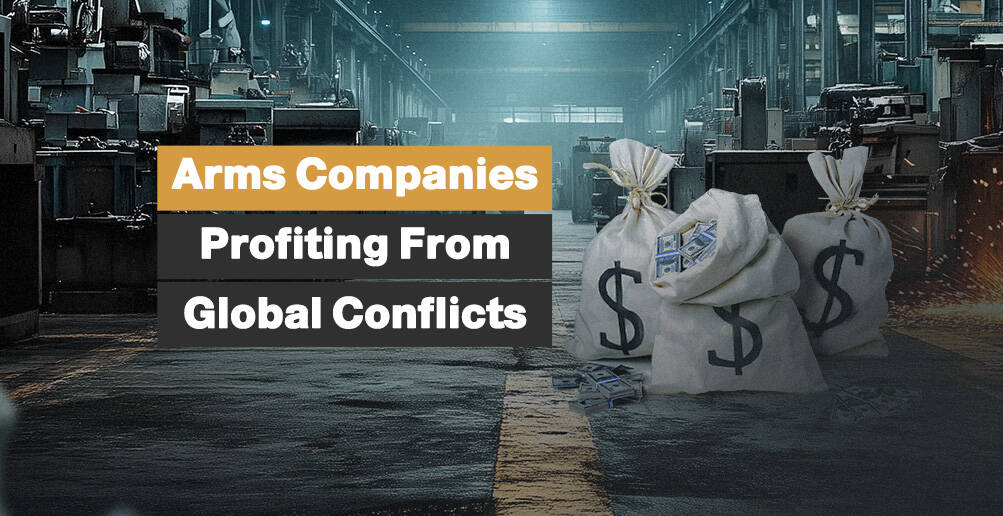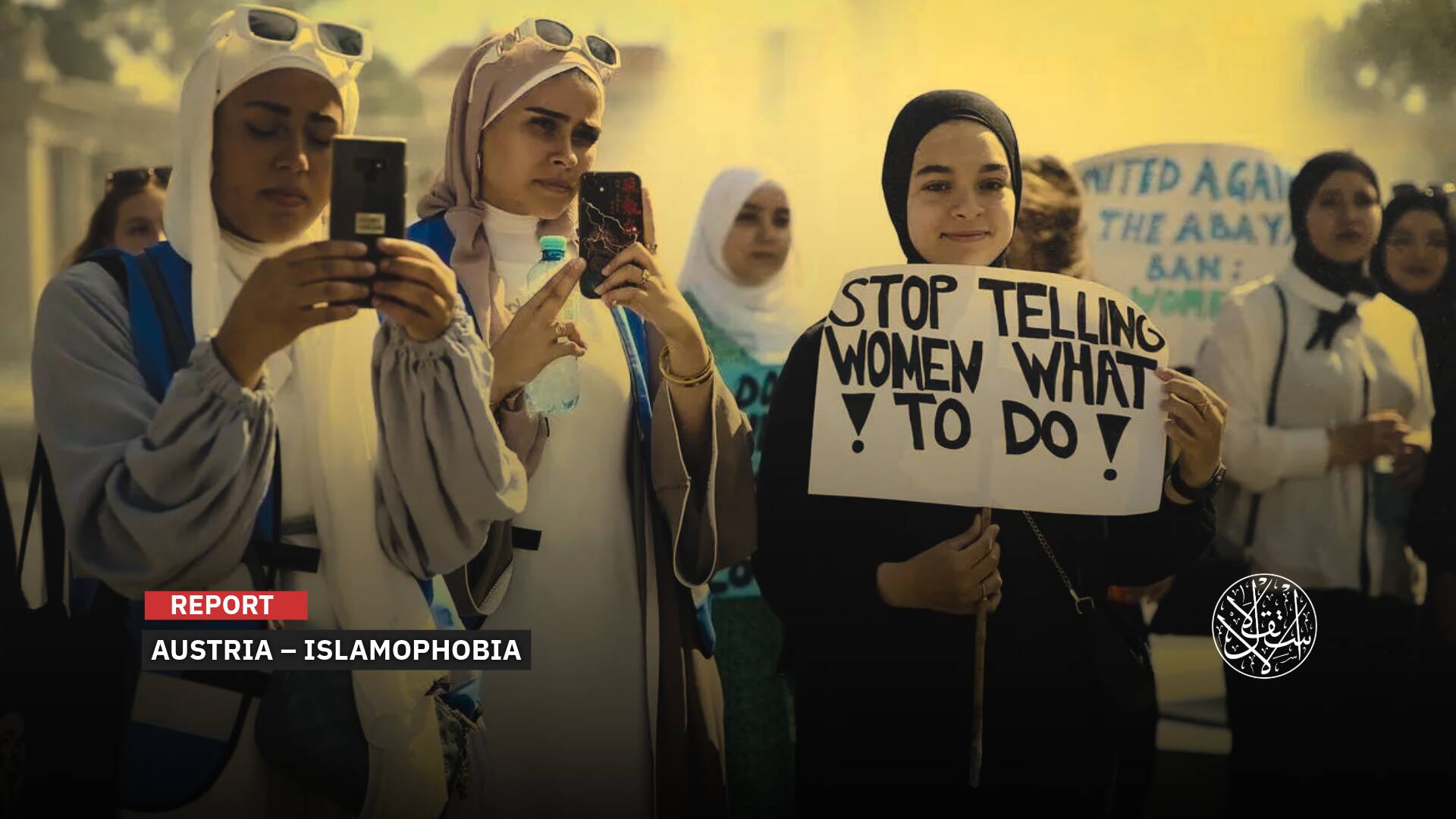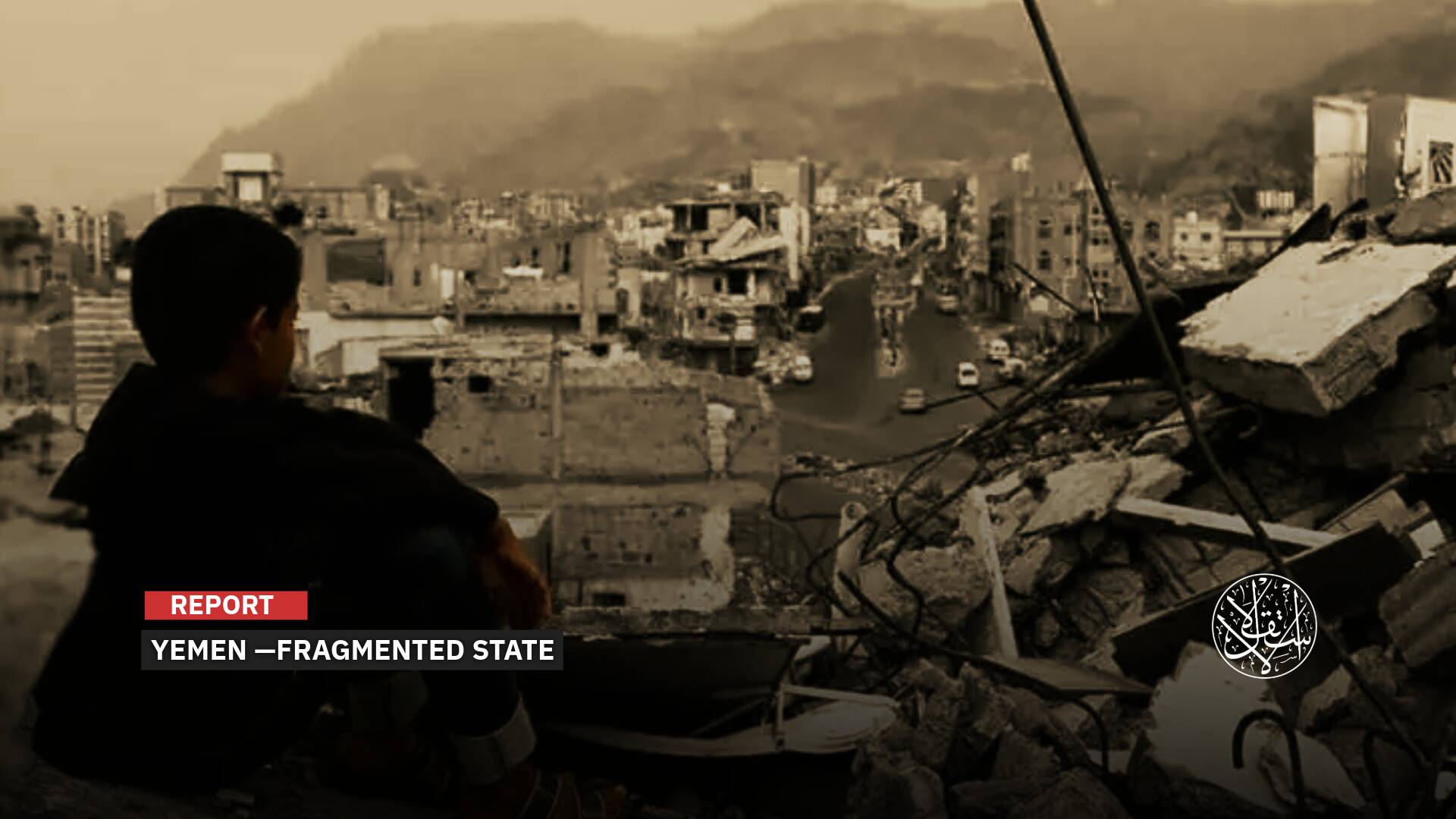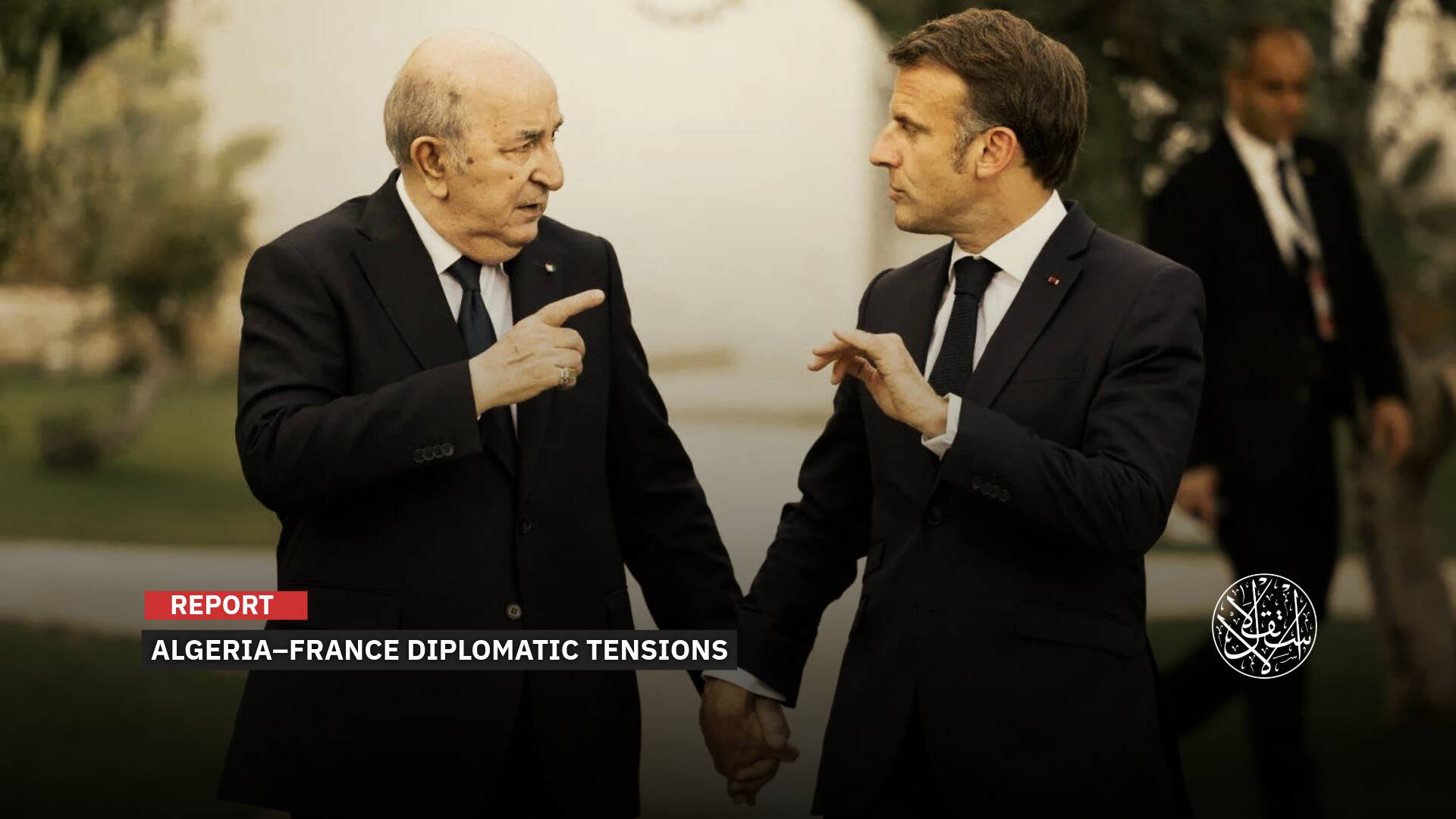After Judicial Pursuits of Its Members: How Does the Kurdistan Workers' Party Infiltrate France?

Annually, PKK collects approximately $2.2 million in southeastern France.
The Kurdistan Workers' Party (PKK) operates significantly in France, causing concern for Turkiye, which has been combating it on its soil since the 1980s.
The PKK continues its efforts to expand its supporters in France through coercive measures targeting resident Kurds, aiming to fundraise and enlist them for its cause.
Legal Pursuits
In a recent trial of PKK members on French soil, a counterterrorism investigating judge on April 26, 2024, charged seven individuals with suspicion of financing the Kurdistan Workers' Party from Paris. The detainees, aged between thirty and sixty, are accused of forming a terrorist criminal gang, financing terrorism, and extortion, according to the French National Terrorism Prosecution Office.
The PKK, originally founded with an extremist Marxist-Leninist ideology, has been engaged in armed conflict against the Turkish government since 1984, seeking an independent Kurdish state in Turkiye.
The latter accuses the PKK of being responsible for the deaths of over 40,000 people on its soil, claiming it fights for Kurdish rights, recruiting militants domestically and abroad.
Designated as a banned organization by Turkiye and classified as a terrorist organization by the United States and the European Union since 2002, the PKK has carried out attacks across multiple Turkish provinces, including Istanbul, resulting in civilian casualties and deaths among police and security forces.
While Belgium serves as the PKK's primary base in Europe, the organization also conducts propaganda activities in France, Austria, Switzerland, and the Netherlands.
These new trials of Kurdistan Workers' Party members in France raise questions about its growing activity in this European country.

Paris's relations with the Kurdistan Workers' Party (PKK) began with the election of French President Francois Mitterrand in 1981. In an attempt to present itself as a representative of the Kurds, the PKK at that time coined the term "Mother of the Kurds" for Danielle, Mitterrand's wife.
Facilitation for the PKK on French soil persisted under successive governments before branches of the PKK in Syria received significant support from France.
This support reached a level where current President Emmanuel Macron hosted a delegation from al-Hasakah Province at the Elysee Palace in 2019. This French embrace of the PKK greatly angered Turkiye, which not only fights it on its own soil but also in Syria and Iraq.
Observers believe in the validity of the Turkish perspective on the need to combat PKK members throughout Europe and to tighten restrictions on them, to prevent any threats to Turkish national security by facilitating them financially through the Kurdish community residing in Europe.
‘Money Collection’
On April 14, 2022, the Criminal Court in Paris convicted 11 members of the Kurdistan Workers' Party, sentencing them to prison terms ranging from three years suspended to five years (one of which was suspended), while two of the defendants were tried in absentia. This trial was the first of its kind in a decade, following the assassination of three senior PKK leaders on January 9, 2013.
The accused, all Turkish Kurds who speak little or no French, were charged with being part of a network seeking to impose the so-called "revolutionary tax" or "campaign" on Kurds in the diaspora.
However, the court did not ban the defendants from entering French territory, as is common in terrorism cases, as most of them have refugee status in France.
It is believed that organized cells operate among up to 150,000 Kurds in France, as well as among 100,000 in the Netherlands and the Kurdish community of one million people in Germany.
Through the threads of the investigation that began in 2020, when the disappearance of two Kurdish girls, aged 18 and 19, was reported in southeastern France, it became apparent that recruitment and fundraising operations were taking place on French soil for the PKK.
It quickly became apparent that they had left for Kurdistan Workers' Party training camps elsewhere in Europe.
At that time, the investigation revealed a network based in a Kurdish association in the southern French city of Marseille, with prosecutors saying it "was collecting a form of community tax to fund the Kurdistan Workers' Party."

This community tax obliges Kurds to pay money to the PKK, or else they face threats, including "exclusion from the Kurdish community" in Europe.
Investigators say witness testimonies and phone taps revealed harassment and extortion of Kurdish expatriates, where "tax collectors" imposed arbitrary contributions on individuals based on their estimated income.
French investigators believe the PKK collects around $2.2 million annually in southeastern France.
The PKK collects funds from Kurds through its representatives in France. This financing, referred to as "campaña" (campaign in English), is the main source of income for the Kurdistan Workers' Party and takes the form of a compulsory revolutionary tax imposed on Kurdish community members living abroad, especially in France.
In addition to financing, the accused were tried for "extortion" and "criminal terrorist association" due to their membership in the PKK, listed on the European list of terrorist organizations since 2002.
French prosecutors say some individuals willingly contribute to the "campaign" out of a sense of "complete solidarity" with the Kurdistan Workers' Party. But many consider it a "commitment" they comply with out of fear of social ostracism or retaliation.
One witness during French investigations said he "was threatened with having his legs broken."
Those not supporting the PKK are not allowed to continue their activities and live in French cities where support for the Kurdistan Workers' Party is strong.
Previous French investigations looked into how young people were "recruited" for the Kurdistan Workers' Party under conditions "resembling kidnapping and unlawful detention."
These investigators concluded that anyone successfully passing "ideological training" in Europe is sent to military-style camps, many of them in Iraq, and then to forces loyal to the Kurdistan Workers' Party.
According to the Turkish newspaper Daily Sabah, the PKK infiltrates European countries by exploiting legal loopholes and ambiguous policies to recruit militants and fund its activities.
Propaganda Broadcasting
Recently, eight terrorists from the Kurdistan Workers' Party were arrested in simultaneous operations conducted by the French and Belgian police. The suspects were accused of preparing or financing terrorist acts and extorting money to fund a terrorist organization.
Belgian police seized documents and technical equipment for PKK-affiliated studios of Sterk TV and Medya Haber TV after storming them, while French police raided the Democratic Kurdish Community Center, which is loyal to the Kurdistan Workers' Party, and the homes of some of its members.
Daily Sabah pointed out that Kurdistan Workers' Party members consider Europe a strategic front against Turkiye, using it as a logistical, financial, and recruitment base, while European countries remain silent and even support them, despite classifying the Kurdistan Workers' Party as a terrorist group.
Turkiye often summons the French ambassador to protest against Kurdistan Workers' Party terrorist organization activities on its soil.
Turkiye has accused France of allowing PKK supporters to freely carry out their propaganda, to the extent that they often engage in violent riots in response to killings within their community.

According to the book The Organization of the Kurdistan Workers' Party in Europe, published by the Center for Political, Economic and Social Research (SETA) based in Ankara, the PKK began its operations in Belgium and other European countries in the early 1980s. It quickly expanded its structure, turning the country into a central hub for its operations in Europe by the early 1990s.
Like in some European countries, the Kurdistan Workers' Party has a presence in France through various non-governmental organizations, institutions, and institutes.
According to TRT World, there are over 20 organizations in France wholly or partially affiliated with the Kurdistan Workers' Party, including a significant women's organization that is seen as prioritizing gender equality and the environment. By doing so, they have created an image of a civil society organization.
France also emerges as one of the centers where young people brought by the Kurdistan Workers' Party from Turkiye may have been recruited and used in the organization's propaganda activities, both inside and outside Europe, according to the website.
The Kurdistan Workers' Party recruits children and women within its branches in Iraq and Syria, which threaten Turkiye's borders or carry out operations inside Turkiye from these territories.
Turkish journalists argue that raising flags purportedly representing the Kurdistan Workers' Party in Paris during their violent acts also poses a direct threat to public order in France because it represents a terrorist organization that has killed and harmed thousands of civilians.
They add that the PKK operates in France to portray itself as a group seeking human rights. It also tries to portray itself as a victim through its various wings in this European country.











